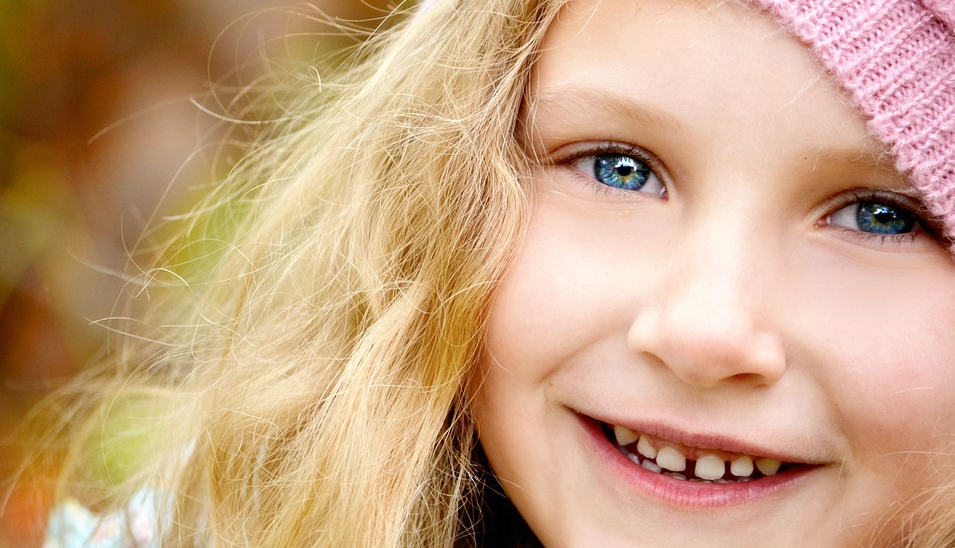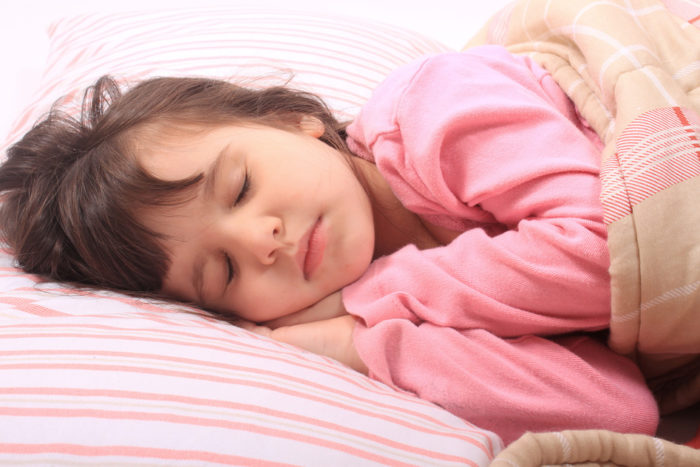
To help our children thrive, we need to nurture their uniqueness and individuality. However, sometimes we tend to see individual differences as shortfalls. For example, a child’s hyperactivity and other symptoms of attention deficit hyperactivity disorder are usually seen as a negative thing. In other words, society tends to see children with attention deficit hyperactivity disorder as difficult and “out of control”. Inattention, hyperactivity, and impulsivity are staples of ADHD, which means that kids with ADHD have trouble staying focused, paying attention, following directions, controlling their impulses, and managing behavior.
Attention deficit hyperactivity disorder is usually diagnosed in early childhood and can be very challenging for both children and their families.
Difficulties in school achievement are typically the reason that brings children with attention deficit hyperactivity disorder to clinical attention. ADHD children have problems controlling attention and staying focused in class because they get distracted by movements and noises in their environment. Kids with ADHD also tend to lose their concentration fast if asked to do repetitive and boring tasks.
Why is My ADHD Child so Angry?
Oppositional Defiant Disorder (ODD) is a condition that often appears in ADHD children. Oppositional and defiant behavior is a normal part of growing up. In fact, some dose of defiance in children may be a sign of their healthy development. So, don’t get overly concerned if your toddler answers with ‘no’ to every question, or throws temper tantrums when frustrated.
Children who have oppositional defiant disorder have a firm pattern of behavioral problems. Studies show that around one in ten children under the age of 12 has ODD.
ODD symptoms usually include:
- Low frustration threshold
- Being easily and excessively angry or irritable
- Frequently and easily losing their temper
- Refusing to follow rules
- Deliberately annoying others
- Blaming others for mistakes
- Arguing with authority figures
Noticing these symptoms still doesn’t mean that your child has ODD. However, anger disorders and ADHD often overlap. Most kids with ADHD are impulsive, unable to contain their feelings, and manage anger.
These behaviors aggravate stress in the family. However, psychologists believe that parents often fuel the disobedience and aggression in ADHD children by quickly giving in when a child becomes mad or throws a tantrum. Such a response sends a message that the child can manipulate situations by getting angry.
Kids with ADHD have problems with self-control. This type of control involves executive functions like attention, cognitive flexibility, memory, and cognitive control. Research shows that these executive skills are impaired in children and adults with attention deficit hyperactivity disorder. Namely, studies showed that executive functions in kids with ADHD mature more slowly than in their peers.
However, this aspect of ADHD is a behavior that children learn and as such, it can be changed through behavioral therapy.
Behavior-based interventions such as Applied Behavior Analysis (ABA) can be a helpful tool in managing your child’s angry behavior. The ABA approach uses positive reinforcement to improve attention, focus, memory, language, and academic and social skills in children with challenging behaviors.
While you cannot prevent every angry outburst, you can manage a challenging behavior when it occurs. No matter how beaten down by your child’s aggressive behavior, try to stay calm and keep your communication clear. Remove your child from a potentially harmful situation stay with him until he calms down.
How Do You Calm a Child with ADHD?
- Establish Boundaries and Use Schedules
Every child needs rules to follow. Rules and routines are necessary for your child to feel safe and confident and to develop into a responsible adult. When kids know what to expect, they tend to feel more secure, but also be more engaged and less likely to behave aggressively. However, try to be flexible when setting the limits and rules. Use constructive criticism, praise your child’s achievements, and encourage their effort to behave appropriately.
- Encourage Play and Physical Exercise
Physical activity is beneficial for children with ADHD for many reasons. One of the main benefits of physical activity for children with ADHD is an improvement in their concentration because physical activity helps kids practice to focus their attention on specific skills or movement. Also, play and physical activity helps children with ADHD burn energy in a healthy way and sleep better at night.
Team sports and activities like baseball, soccer, or hockey help children develop their emotional intelligence and social skills.
- Use Distraction
When you notice that your ADHD child is becoming overwhelmed, try to distract and redirect them, offering another fun and engaging activity.
- Be supportive and Use Positive Reinforcement
Studies show that positive reinforcement stronger motivates children with ADHD than their peers that don’t have attention disorder issues. Children with ADHD are excited to receive acknowledgment and praise, so positive reinforcement is an effective way to boost self-esteem and confidence in your child.
Children with ADHD often feel like a disappointment because of their barriers to learning and reaching academic goals. It is very important that you show support and often remind your ADHD child that they are bright and talented. Strengthening your child’s self-assurance will help them be more successful and happier.
What Activities are Good for ADHD Kids
Kids with ADHD are not incapable of learning and achieving goals. In fact, they are eager learners who just need encouragement and support to thrive. So, what are the best ways to engage AHDS kids in a variety of activities and help them unlock their potential?
- Free Play and Physical Activity
Studies show that physical activity boosts concentration, promotes brain growth, and alleviates anxiety and depression. Make sure to provide toys, games, and motor activities that will stimulate your child’s development and help express their creativity.
All children benefit from spending time outside. However, research shows that ADHD kids in particular benefit from spending time outdoors. So, encourage your child to spend time in nature.
- Socializing
A group of peers plays an extremely important role in every child’s life. Children with ADHD may have difficulties developing and maintain social interactions. Encourage your child to make friends, help them learn social rules and understand non-verbal signs, and teach them how to interact with others.
- Creative Activities
Children with ADHD are spontaneous and creative. Your ADHD child has a ‘never-sleeping’ mind that is constantly thinking and creating. Some of the greatest minds of our past a lot of successful people of our time are known to be diagnosed with ADHD.
Activities such as music and dance, drama, art, and craft are great for children with ADHD.
Your understanding and support can turn your child’s impulsivity into spontaneity. And a spontaneous mindset can make your child more open to new experiences and willing to take healthy risks. This, in turn, may encourage them to get out of their comfort zone, find creative solutions, and get a wider perspective on life.


Leave a Comment